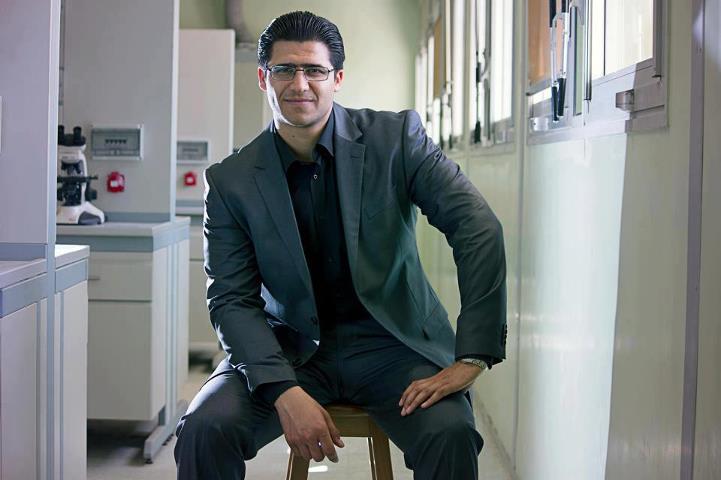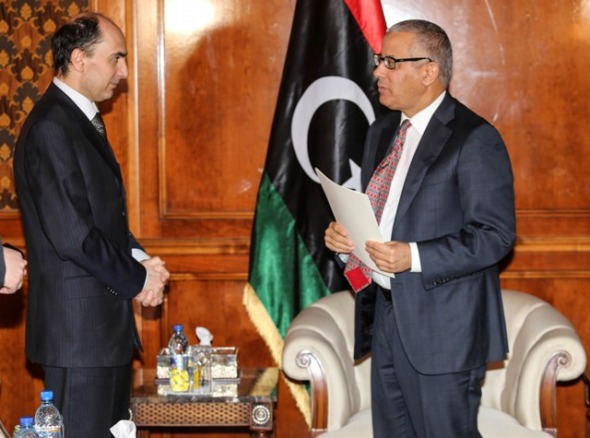By Seraj Essul.

Tripoli, 20 April 2013:
The first elections have been held for a student union at Tripoli Medical College, with Mohammed . . .[restrict]Almsallati from the Al Kalam party elected as the leader of the new union.
Three parties originally ran in the elections, the Al Kalam Party, the Oxford Party and the Student Forces Alliance. The last was forced to step out of the competition, after several members left – a minimum number of members was required for any party to stand.
In total, 70 students put themselves forward, competing for 30 seats, five seats representing each university year. It was also a requirement that at least one seat in in five be won by a female.
An election organiser told the Libya Herald: “It was brilliant, because this was the first time we have held elections for a student union.”
The new union will be the legal voice of the students at the college.
The event was monitored by several civil society NGOs and official bodies. Representatives from medical colleges of Benghazi, Misrata and Zawia also attended the elections, to give support and show solidarity.
Mustafa Malky, a member of Benghazi Medical College student union, which was elected four months ago, told the Libya Herald that three people from Benghazi, the first Libyan university to elect a student union, had been invited to attend the elections and give support and advice. “We were very happy to come and help,” he said.
Just 24 percent of students actually voted in the Tripoli Medical College ballot, with the third year having the highest number of voters, at 34 percent.
The turn-out was relatively low, Malky said, because the elections ran only over two days. “In the elections for the Benghazi student union,” he said, “75 percent of students voted because we ran the elections over four days.”
He said that Benghazi Medical College had around half of the enrolment at Tripoli Medical College, with its 10,000 students. Malky added that the electoral process was a learning curve, as it was still a new concept.
The founding committee of the Federation of Human Medicine has already drafted a constitution for the union. This was condensed into a questionnaire, which was then circulated to students. The results of this showed that 96 percent of students were in favour of the document.
Results can be challenged during the next fortnight, with the newly-elected union to take on its role in early May. [/restrict]





